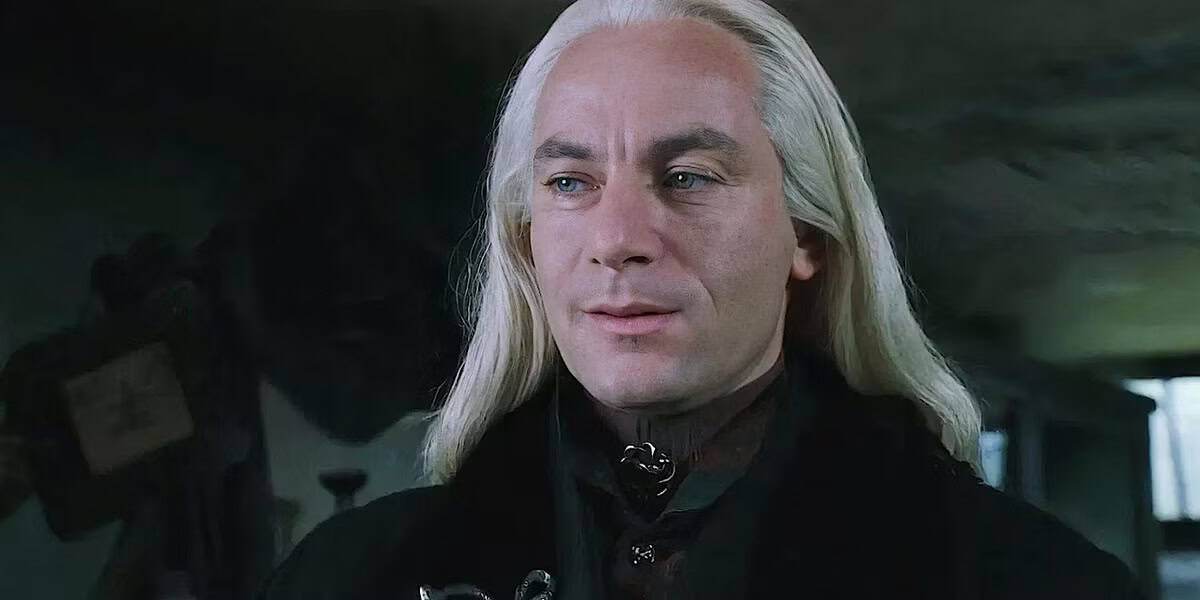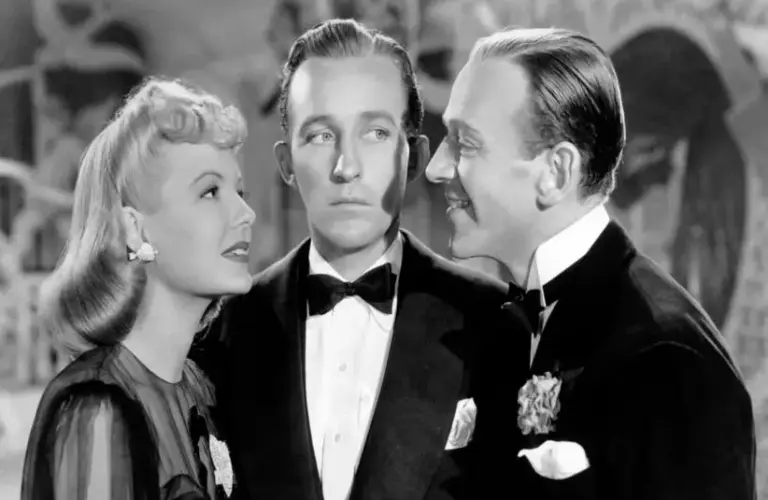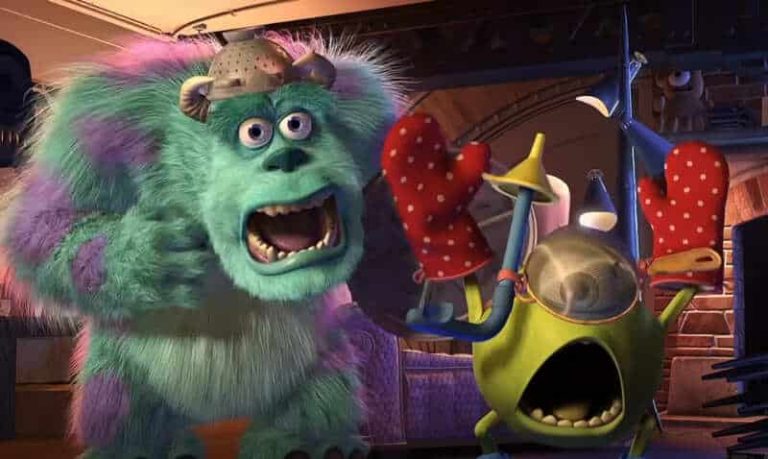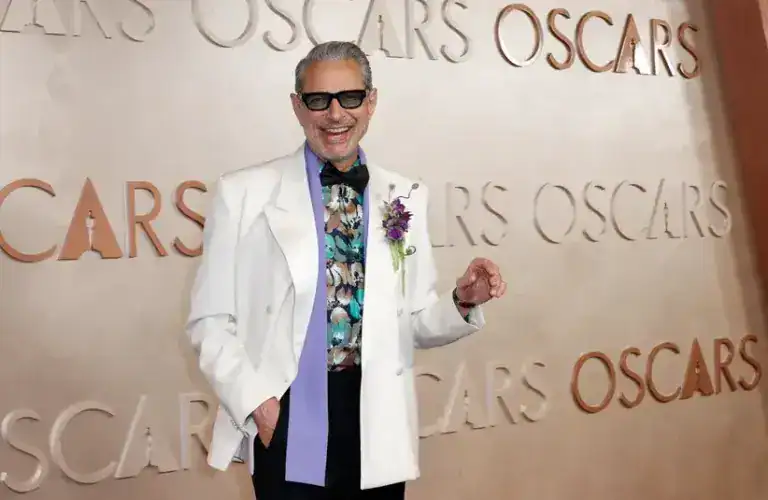Jason Isaacs Embraces Johnny Flynn’s Fresh Take on Lucius Malfoy
The wizarding world is about to witness a changing of the guard, and Jason Isaacs couldn’t be more gracious about it. As HBO’s Harry Potter series prepares to reimagine the beloved franchise for television, the original Lucius Malfoy actor has offered his blessing to Johnny Flynn, who will inherit the iconic villain’s platinum locks and aristocratic sneer.
Isaacs’s comments reveal not just professional courtesy, but genuine excitement for what Flynn might bring to a character he made memorably menacing across multiple films.
Jason Isaacs On Johnny Flynn As Lucius Malfoy
“Johnny will do his own thing,” Isaacs tells Entertainment Weekly with the confidence of an actor who understands the creative process. “Maybe he’ll be more charming. I doubt that he’ll look like me, because that was the look I came up with, and he’s far too original to want to copy anything.”
This sentiment speaks to something profound about character interpretation in adaptations. Isaacs isn’t defending his territory or suggesting Flynn should mirror his choices. Instead, he’s championing the kind of creative freedom that allows iconic characters to evolve across different media and generations.
The acknowledgment that his distinctive look for Lucius—that memorable blend of aristocratic elegance and barely contained malice—was his own creation demonstrates an actor’s ownership of their craft. Yet his eagerness to see Flynn’s interpretation suggests an artist secure enough in his legacy to welcome reinvention.
A Professional Bond
The relationship between Isaacs and Flynn extends beyond the Malfoy connection. Having worked together on the 2021 war drama Operation Mincemeat, Isaacs speaks from experience when he describes Flynn as “absolutely delightful and phenomenally talented.” This personal familiarity adds weight to his endorsement, moving it beyond polite industry courtesy into genuine professional respect.
When asked whether Flynn had reached out for advice about the role, Isaacs playfully deflects—”If he had, I wouldn’t tell anyone”—before revealing he initiated contact himself. “I texted him, and I can say that because that’s my domain to talk about. I texted because we did a film together and we were friendly.”
This gesture speaks to the generous spirit often found among actors who understand the unique pressures of taking on beloved characters. Isaacs’ proactive outreach suggests not just professional courtesy, but genuine care for both the character’s legacy and Flynn’s success.
Embracing Creative Evolution
What makes Isaacs’ perspective particularly refreshing is his enthusiasm for the series’ complete reimagining. “They’re redesigning everything from scratch,” he explains. “They’re redesigning Hogwarts and the costumes and they’re writing all these fabulous new scripts that are expanding each book into whole season. And it’ll be fab—it’ll be for a new generation. It’ll be their version of Harry Potter.”
This embrace of change reflects an actor who understands that adaptations aren’t competitions with their predecessors, but opportunities to explore familiar material through fresh lenses. The expansion from films to full seasons offers storytelling possibilities that the movies, constrained by runtime, couldn’t fully explore.
Isaacs’ excitement about seeing “what everyone does” extends beyond just Flynn’s Lucius to the entire ensemble, including John Lithgow as Dumbledore. His anticipation reads as genuine fan enthusiasm rather than mere professional politeness.
The Liberation of Distance
Perhaps most tellingly, Isaacs expresses excitement about being able to watch the series “with unalloyed fandom instead of thinking there’s a narcissism of watching myself.” This reveals something actors rarely discuss—the strange experience of viewing their own work and the self-consciousness that can accompany it.
The distance from his own performance will allow Isaacs to experience the story as an audience member rather than a participant, offering a purity of enjoyment that his involvement in the films couldn’t provide. It’s a reminder that actors, despite their intimate involvement in creating these characters, often miss the simple pleasure of being surprised by a familiar story.
Legacy Beyond Performance
Isaacs’s mature perspective on legacy deserves recognition. While he previously joked that he’ll “be long forgotten” once Flynn takes over, he now emphasizes what endures: “What will never go away are the books. It all starts and comes from the books, and the books are beloved.”
This understanding positions individual performances as interpretations of timeless material rather than definitive versions. It’s a humble recognition that while actors bring characters to life, they don’t own them—the characters belong to the stories, and the stories belong to readers and viewers across generations.
The Flynn Factor
Johnny Flynn brings his own impressive credentials to Hogwarts. Known for his work in period dramas and his musical talents, Flynn represents a different type of casting choice than Isaacs did in 2002. Where Isaacs brought theatrical gravitas and an imposing physical presence, Flynn offers a more contemporary sensibility and proven ability to find humanity in complex characters.
Isaacs’ prediction that Flynn might make Lucius “more charming” suggests interesting possibilities for the character’s development. A more charismatic Lucius could be even more dangerous than an obviously sinister one, making his influence over other characters more believable and his eventual downfall more satisfying.
A New Chapter for Hogwarts
The HBO series faces the considerable challenge of distinguishing itself from one of the most successful film franchises in cinema history. Isaacs’s support for the project’s ground-up approach suggests confidence that complete reimagining, rather than careful imitation, offers the best path forward.
His enthusiasm for Flynn specifically, and the casting choices generally, indicates that those involved in the original films see this not as replacement but as expansion—new chapters in a story with room for multiple interpretations.
As the wizarding world prepares for its television debut, Jason Isaacs’ gracious handover of the Malfoy mantle to Johnny Flynn represents more than just professional courtesy. It embodies the collaborative spirit that allows beloved stories to evolve while honoring their origins.
Flynn may not look like Isaacs’ Lucius, but if he captures even a fraction of Isaacs’ enthusiasm for the character’s potential, fans are in for something special. The real magic, it seems, lies not in recreating what came before, but in discovering what new enchantments await.







